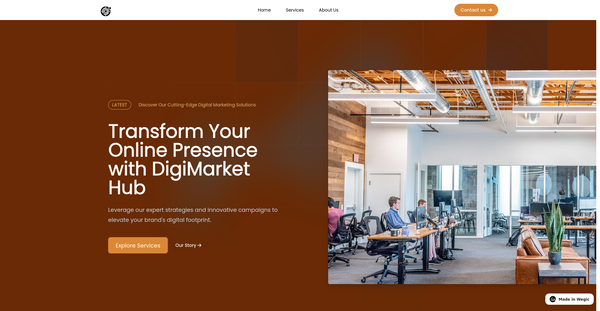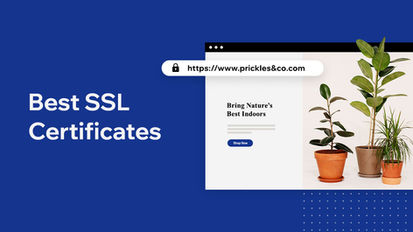Website Audit Tools Checklist
Website Audit Tools Challenges
Website Audit Tools
In today’s digital age, having a professional and visually appealing website is crucial for any business or individual looking to establish an online presence. One of the key components in creating a website is using a template, which serves as the foundation for the layout and design of the site. Website templates are pre-designed web pages that can be easily customized to fit the specific needs and branding of a business. In this article, we will explore the importance of website templates and how they can benefit individuals and businesses alike.

Website Audit Tools in 3 Steps
Website Audit Tools
What is SEO?
SEO is the process of optimizing your website in order to improve its visibility in search engine results. By using relevant keywords and creating high-quality content, you can increase your website’s ranking in search engine results pages (SERPs). This, in turn, can drive more organic traffic to your website, leading to more leads and conversions.
Types of SEO
There are three main types of SEO: on-page, off-page, and technical. On-page SEO involves optimizing your website’s content and structure, including keyword research, meta tags, and internal linking. Off-page SEO refers to strategies used to promote your website outside of your own website, such as backlinking and social media marketing. Technical SEO involves optimizing your website’s backend, including site speed, mobile-friendliness, and crawlability.
Keyword Research
Keywords are the foundation of any successful SEO strategy. By researching and targeting the right keywords, you can attract the right audience to your website. Start by using keyword research tools such as Google Keyword Planner or SEMrush to find relevant keywords with high search volume and low competition. Once you have a list of keywords, incorporate them into your website’s content, meta tags, and URLs.
Content Creation
Content is king when it comes to SEO. High-quality, relevant content can drive traffic to your website and improve your search engine ranking. Create engaging blog posts, articles, and videos that provide value to your target audience. Use your targeted keywords strategically throughout your content, but avoid keyword stuffing, as this can negatively impact your SEO efforts.
On-Page Optimization
On-page optimization involves optimizing your website’s content and structure to improve its visibility in search engine results. Use relevant keywords in your meta tags, headings, and content. Create unique, descriptive meta titles and meta descriptions for each page on your website. Improve your website’s user experience by optimizing its loading speed, mobile-friendliness, and navigation.
Off-Page Optimization
Off-page optimization involves promoting your website outside of your own website to improve its authority and credibility. Build backlinks from reputable websites in your industry by guest posting, submitting your website to online directories, and participating in forums and communities. Use social media to share your content and engage with your audience.
Technical SEO
Technical SEO involves optimizing your website’s backend to improve its crawlability and indexing by search engines. Improve your website’s loading speed by minifying CSS and JavaScript files, compressing images, and enabling browser caching. Make sure your website is mobile-friendly and responsive, as Google gives preference to mobile-friendly websites in search results. Create a sitemap and submit it to search engines to help them find and index your website’s pages.
Monitoring and Analysis
Once you have implemented your SEO strategies, it’s important to monitor and analyze their performance. Use tools like Google Analytics and Google Search Console to track your website’s traffic, keywords, and ranking in search engine results. Analyze your data regularly to identify trends, optimize your strategies, and improve your website’s performance.
Building an online store that is beast-free can be a great way to attract eco-conscious consumers and differentiate yourself from the competition. There are a number of website builders that cater to this growing market, making it easier than ever to create a cruelty-free online store. In this article, we will take a look at some of the best beast-free website builders available, as well as some tips for building a successful online store that caters to ethical shoppers.
One of the most popular beast-free website builders is Shopify. Shopify is a user-friendly platform that allows you to create a professional-looking online store with ease. The platform offers a number of features and templates that are specifically designed for eco-friendly and cruelty-free businesses, making it a great choice for those looking to build a beast-free online store.
Another great option for building a beast-free online store is Big Cartel. Big Cartel is a smaller, indie-focused platform that is well-suited for artists, makers, and small businesses. The platform offers a range of customizable templates and features that are perfect for creating an ethical online store.
For those looking for a more budget-friendly option, Ecwid is a great choice. Ecwid is a versatile platform that can be easily integrated into your existing website or social media pages, making it a great option for small businesses and startups. The platform also offers a number of features that are specifically designed for eco-friendly businesses, making it a great choice for those looking to build a beast-free online store on a budget.
When building a beast-free online store, it is important to consider the types of products you will be selling. Look for suppliers that offer cruelty-free and vegan products, and make sure to thoroughly research the ingredients in each product to ensure that they are truly animal-friendly. This information can be included in your product descriptions and on your website to help build trust with your customers.
It is also important to consider your branding and marketing efforts when building a beast-free online store. Make sure that your website and social media pages clearly communicate your commitment to cruelty-free and ethical products. Consider partnering with animal rights organizations or influencers in the vegan and eco-friendly space to help spread the word about your brand.

Website Audit Tools Checklist
Website Audit Tools
In conclusion, AI website builders are a valuable tool for individuals and businesses looking to create a professional website quickly and easily. Platforms such as Wix, Squarespace, WordPress, and Weebly offer AI technology to assist users in designing and customizing their websites, making it accessible to those with or without technical skills. With customizable templates, drag-and-drop interfaces, and e-commerce capabilities, AI website builders provide a comprehensive solution for anyone looking to establish an online presence. As seen on Reddit, these platforms have received positive feedback for their user-friendly interfaces, customizable designs, and AI integration, making them a top choice for website building in today’s digital age.

